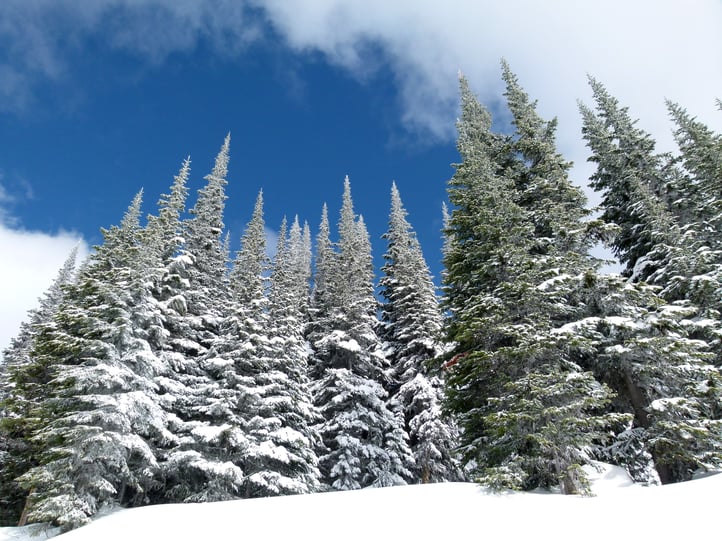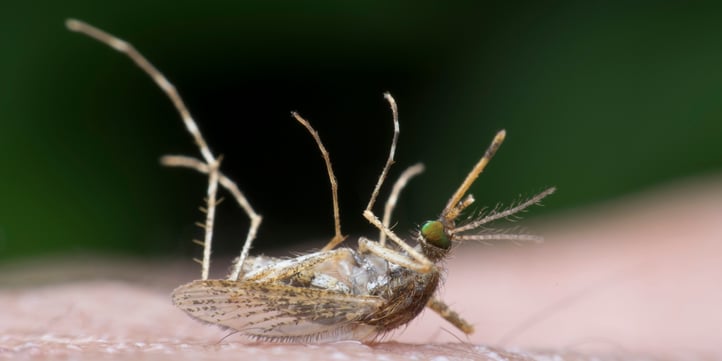
There’s a lot to love about winter in Canada, that’s for sure. From sleigh rides and hot chocolates to ski hills and frozen rinks, winter is the season where Canadians and their rugged country truly get to shine. There’s a reason it’s called the Great White North, after all.
For many people (myself included) one of the more underrated aspects of winter is the general lack of mosquitoes. With colder temperatures and heavy snowfall keeping mosquitoes at bay, Canadians really do get the chance to stay outside and frolic in their winter wonderland.
While I’m sure you’re all enjoying your much-needed mosquito respite, you may also be curious about where they go and what they do during the winter months.
Here’s what happens to mosquitoes in winter.
Cold Blood and Cold Hearts
Mosquitoes are cold-blooded (and cold-hearted) insects. This means that their body temperature is usually the same as their environment, since they don't have the ability to regulate their internal temperatures.
As cold-blooded critters, mosquitoes basically shut down when temperatures in their environment are less than 10 degrees. Good riddance, I say!
Unlike Leonardo DiCaprio in the Revenant, mosquitoes aren't built to survive long months in the frozen tundra (or win an Oscar, for that matter).
.png?width=722&name=bestthingsaboutwinter%20(twitter).png)
Adapt or Perish
Although it may seem like they've all disappeared and boarded a plane to Florida, mosquitoes do actually have strategies to survive cold weather in this country.
Many mosquitoes go dormant in winter and hibernate, finding holes to wait in for warmer weather. According to NPR, certain species of female mosquito bulk up and store fat much like bears do in the winter. Most species, however, can't survive the harsh Canadian climate in the winter.
I’m not sure what I’d rather stumble upon when out on a winter's walk… a bear’s den or a hole full of dormant mosquitoes. I'll leave that up to you, faithful reader.

Breeding
Some female mosquitoes lay their eggs in water in the fall, which lie dormant and eventually freeze when the temperature drops. The frozen larvae keep still until the weather warms up, eventually hatching and turning into the little terrors we know so well in the spring.
You've got to hand it to mosquitoes, they really do have their timing down pat!
Follow us on Facebook for weekly tips and tricks on managing mosquitoes and ticks.



